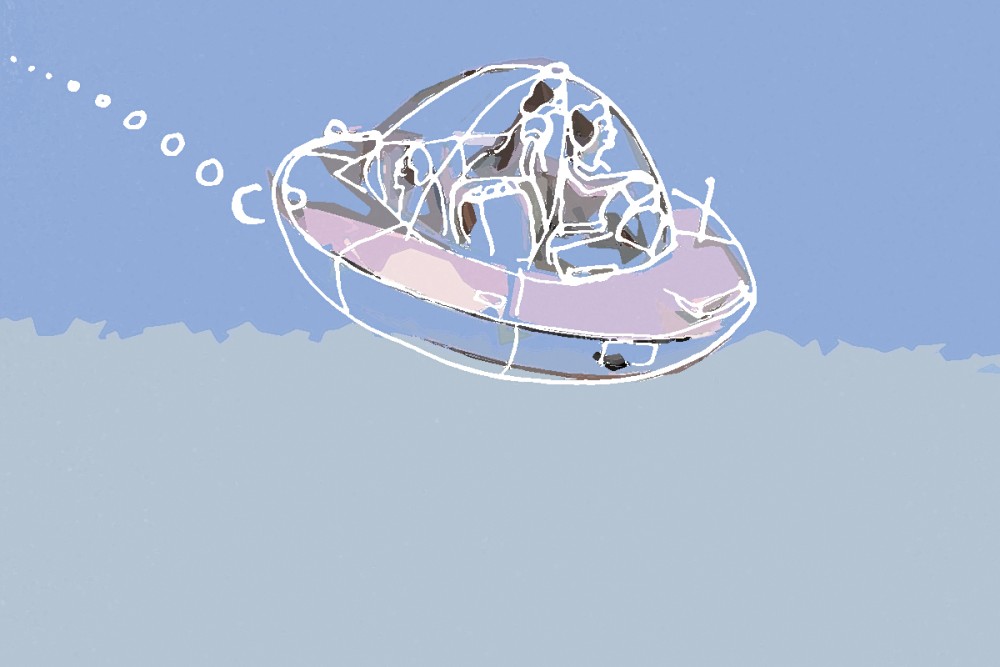
My only thought as I sat in rush hour traffic once again: I was promised flying cars. I grew up watching The Jetsons, the reboot that aired in the 1980s. The Saturday morning cartoon embodied everything that I thought the future would hold: there would be flying cars, colonies in outer space, robots who did all the cleaning, and good-paying jobs that consisted of pressing buttons all day. I couldn’t wait to experience an entire meal by popping a single tablet into my mouth, just like they did on the show.
For a child, it was not such a leap of the imagination to think that all of these things would be a reality in the 21st century. By the time I was born, man had already been to the moon. So in my mind, surely a flying car was a reasonable expectation.
So as I once again surveyed the packed highway from my earthbound vehicle, I lamented the lack of flying cars. And also the lack of robotic cleaners.




